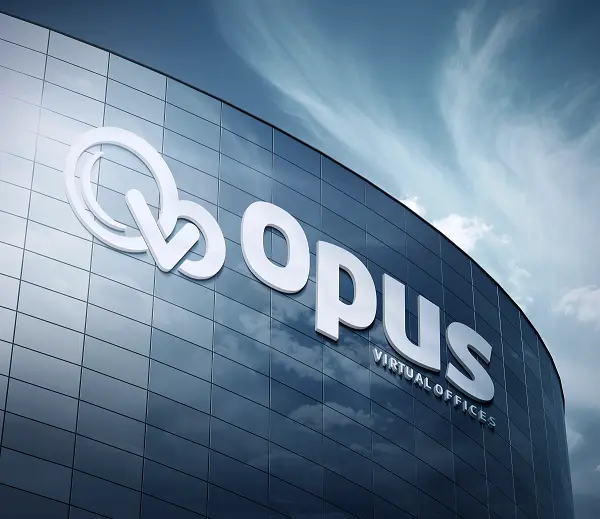The Evolution of AI and Virtual Offices
Join the AI revolution!
In the ever-changing landscape of technology, Artificial Intelligence (AI) has emerged as a transformative force, reshaping industries and revolutionizing how we work. One such profound transformation is the fusion of AI with the concept of virtual offices, transcending geographical boundaries and redefining the traditional workspace. This convergence opens up a world of possibilities, offering a glimpse into a future where work knows no bounds and efficiency reaches new heights.
The Virtual Office Redefine through AI
Traditionally, offices were confined to physical spaces, often limiting collaboration to the boundaries of a building. However, the rise of remote work and the integration of AI has paved the way for the virtual office. A virtual office is a digital realm where professionals interact, collaborate, and engage as if they were in a physical office, regardless of their physical locations. AI has accelerated this transformation, which introduces intelligent automation and enhances the overall virtual office experience.
AI-Powered Collaboration with Virtual Offices
Central to the concept of a virtual office powered by AI is collaboration. AI algorithms enable real-time communication, instant data sharing, and seamless interaction among team members scattered across the globe. Virtual meetings have evolved beyond video calls to incorporate AI-driven features like language translation, sentiment analysis, and facial recognition. These capabilities foster a sense of connection, breaking communication barriers and bridging cultural gaps.
Imagine a virtual meeting where AI-driven transcription captures every spoken word while an intelligent language translation tool ensures that language differences don’t hinder understanding. Facial recognition algorithms can read participants’ expressions, providing valuable insights into their engagement levels. This amalgamation of AI and virtual offices transforms mundane meetings into productive, interactive sessions that rival in-person interactions.
Intelligent Automation and Efficiency with AI
In the realm of virtual offices, AI’s influence extends far beyond communication. Repetitive tasks that once consumed valuable time are now automated with the aid of AI. For instance, AI-powered virtual assistants can schedule meetings, manage emails, and even handle routine administrative tasks. This frees up human resources for more strategic endeavors and enhances overall productivity.
Additionally, AI algorithms can analyze work patterns and predict peak activity times. With this insight, virtual office users can optimize their schedules, ensuring that essential tasks are tackled when focus and creativity peak. By harnessing AI’s ability to learn from data and adapt to evolving scenarios, virtual offices become intelligent workspaces that enhance efficiency and promote a healthier work-life balance.
Tailored Work Environments
Personalization is a hallmark of the AI revolution, and virtual offices are no exception. AI algorithms can customize the virtual office environment to suit individual preferences, replicating the personalized desk setup of a physical office. From the lighting and background visuals during video calls to the arrangement of virtual documents on your screen, AI ensures that your workspace is uniquely yours.
Furthermore, AI-driven analytics can provide insights into individual and team performance. This data can be used to identify areas of improvement, recognize top performers, and optimize collaboration strategies. By tailoring the virtual office experience to cater to each professional’s needs, AI cultivates a sense of ownership and engagement, which is crucial for a motivated and productive workforce.
Overcoming Challenges
As with any technological advancement, there are challenges to address in integrating AI and virtual offices. Privacy concerns, data security, and the potential for overreliance on AI are some of the considerations that must be carefully navigated. Striking a balance between AI-driven automation and the human touch is essential to ensure that the virtual office remains a space that fosters creativity, innovation, and genuine human connection.
The Road Ahead
Integrating AI and virtual offices marks an exciting turning point in how we perceive workspaces. This evolution transcends the limitations of time zones and geographical boundaries, enabling a new era of collaboration and productivity. As AI continues to evolve, so will the capabilities of virtual offices, leading to innovations we can only imagine today.
In this journey toward a more connected and efficient workspace, it’s crucial to approach the integration of AI and virtual offices with a thoughtful and strategic mindset. Embracing the possibilities while acknowledging the challenges will pave the way for a future where work is defined by its impact rather than its location.
Opus Virtual Offices
The synergy between AI and virtual offices propels us into a future where digital connectivity’s boundless potential replaces physical space’s constraints. The journey has just begun, and as we navigate this uncharted territory, one thing is certain: AI is shaping the future of work, and virtual offices are at the forefront of this transformative wave.
Opus Virtual Offices is a B2B provider of virtual services to enhance your already prosperous business or grow your new idea into a blockbuster. With services such as live reception, call answer, call forwarding, and much more, a virtual office may be exactly what you need to grow your company to new heights!


























